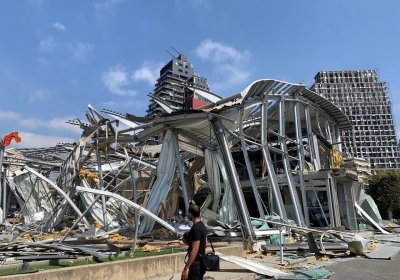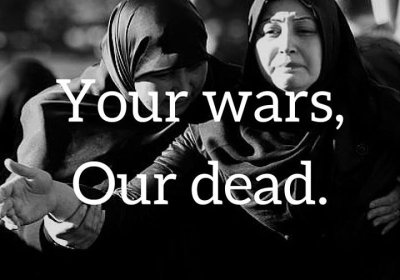Israel’s siege of Northern Gaza and its violation of the recently signed ceasefire deal in Lebanon were the people’s focus at the 60th consecutive week of protests for Palestine.
Lebanon
Isaac Nellist discusses Israel’s latest attacks on Lebanon and talks to Zack Schofield, an activist with Rising Tide, about Labor’s expansion of coal mining in New South Wales and how we can resist.
The 50th week of continuous protests against Israel’s genocide came days after their terrorist attacks on the people of Lebanon with exploding pagers and walkie-talkies.
Protesters marked 11 months of Israel’s genocidal assault against the people of Gaza over September 7–8, as Israel thwarts negotiations for a ceasefire and Israelis take to streets. Isaac Nellist reports.
Hundreds of people have staged a protest outside the government headquarters in Beirut in the second consecutive day of protests against the ongoing economic crisis, reports Peoples Dispatch.
The deadly ammonium nitrate explosion in Lebanon is a symptom of capitalism's disregard for human life and the environment, writes John Molyneux.
Lebanese Prime Minister Hassan Diab announced a new government on January 21. The cabinet, made up of technocratic ministers backed by the main parties, is promising to tackle the country's deep economic crisis. Karim Traboulsi reports on the protest movement, which shows no sign of letting up.
Now in its second month, the uprising in Lebanon is revealing its nature and cultural character.
Two weeks of sustained mass protests across Lebanon have forced the government of Prime Minister Saad Hariri to resign. At its peak, the movement united to form a 170 kilometre-long human chain from Tripoli to Tyre. While Hariri’s resignation met one of the movement’s demands, demonstrators have vowed to keep struggling for more fundamental change in the country. Nizar Hassan, who participated in the uprising as a member of the LilHaqqi movement, looks at the origins and dynamics behind the protests.
Today, Tarshiha is promoted on AirBnB as Ma’alot-Tarshiha in the Galilee region of Israel and, depending on your budget, you can book somewhere chic and stylish to take in the stunning views or a more humble, village style experience. Seventy years ago though, Tarshiha was a village in Palestine.
The Socialist Alliance and its youth wing, Resistance, expresses our solidarity with the people of Paris and Beirut who were targeted in back-to-back acts of terror by ISIS forces in the past few days.
- Page 1
- Next page











